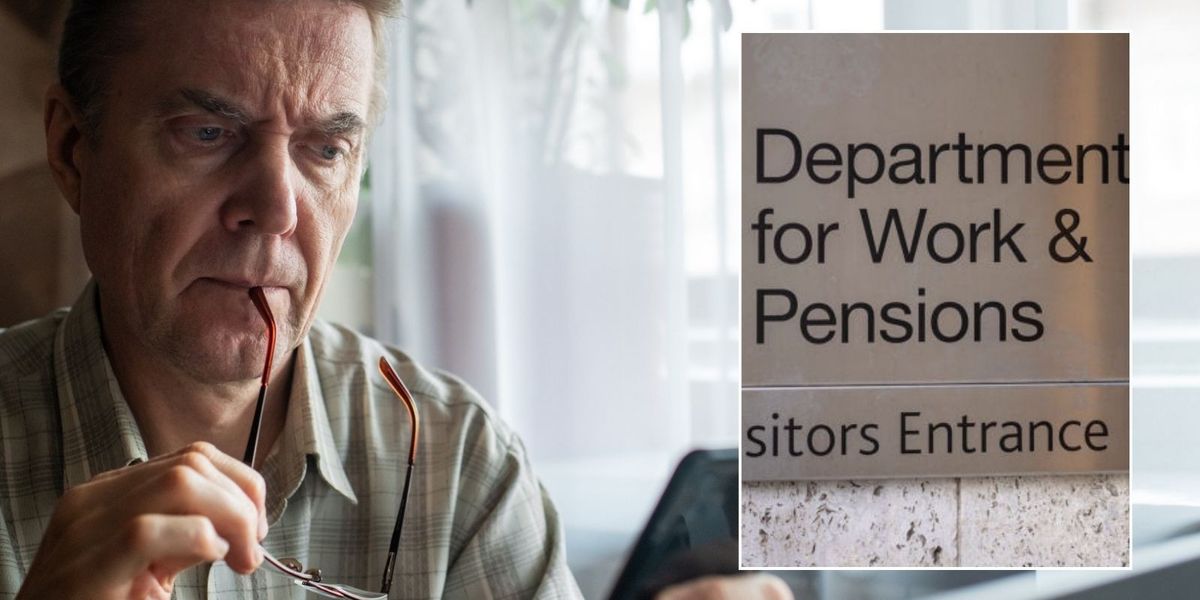Dementia sufferers may go without revolutionary new drugs that can slow symptoms because NHS testing is not good enough, a leading charity warned yesterday.
Due to a shortage of expensive brain scanners, most patients are not diagnosed properly until it’s too late to start taking preventative medication.
More than a third of people with dementia symptoms currently go completely undiagnosed, making it impossible to prescribe the potentially life-changing drugs.
Lecanemab and donanemab, which could be licensed for use in the UK this year, slow the early stages of the disease by targeting harmful amyloid proteins in the brain.
Due to a shortage of expensive brain scanners, most patients are not diagnosed properly until it’s too late to start taking preventative medication
But Dr Susan Mitchell, head of policy at Alzheimer’s Research UK, said the NHS is not ready to roll out the drugs.
‘Dementia is the UK’s biggest killer, and people affected by it have waited too long for new treatments that can slow the progression of their symptoms,’ she said.
‘First-generation treatments are now on the horizon, but we are concerned that the NHS is not ready to deliver them – in particular, because of the way people are diagnosed.
‘This has barely changed for decades and leaves too many undiagnosed. On top of this, just two per cent of people get a “gold standard” diagnosis using either lumbar punctures or PET scans.
‘If people are to access these new treatments, they will need a formal diagnosis using “gold standard” tests. But the shocking reality is that dementia diagnosis targets are consistently missed across the country every month, leaving thousands of families facing a more anxious and uncertain time as a result.
‘Chronic underfunding and a failure to address gaps in NHS diagnostic capacity has in part led us to this frustrating position.’
Many dementia patients are diagnosed on the basis of symptom observation and memory tests. A previous study by the Alzheimer’s Society showed that 1 in 4 wait for two years before getting help.
Dr Mitchell said that if nothing changes, half of people in the UK will be affected by dementia at some point – either by caring for someone, developing the condition themselves, or both.
Professor Sir Stephen Powis, NHS National Medical Director, said dementia diagnosis rates have started to recover after being seriously impacted by the pandemic.
He said: ‘The health service is committed to further improving support for people affected by dementia, including through providing personalised care packages.
‘The NHS is a world leader in rolling out innovative treatments and is doing everything possible to prepare for the arrival of new treatments for Alzheimer’s disease once they are deemed safe and approved for use. A dedicated NHS programme is looking at what services and tests would be best used to support people at the earliest stages of this cruel disease.
‘Diagnosing dementia early can make a big difference so please come forward to your GP as soon as possible if you have any concerns.’











